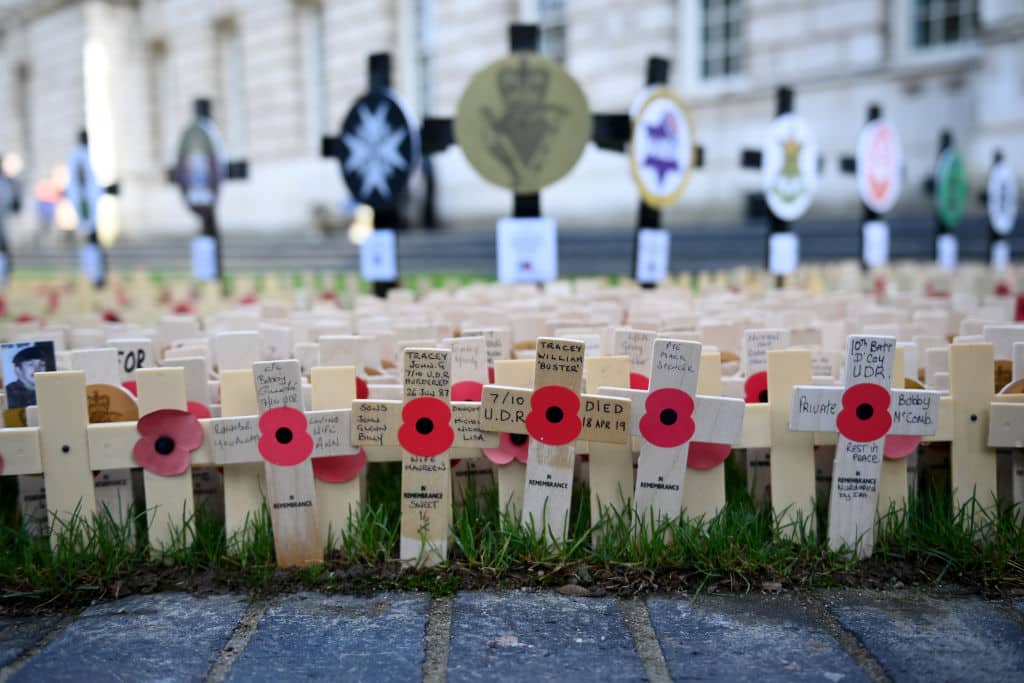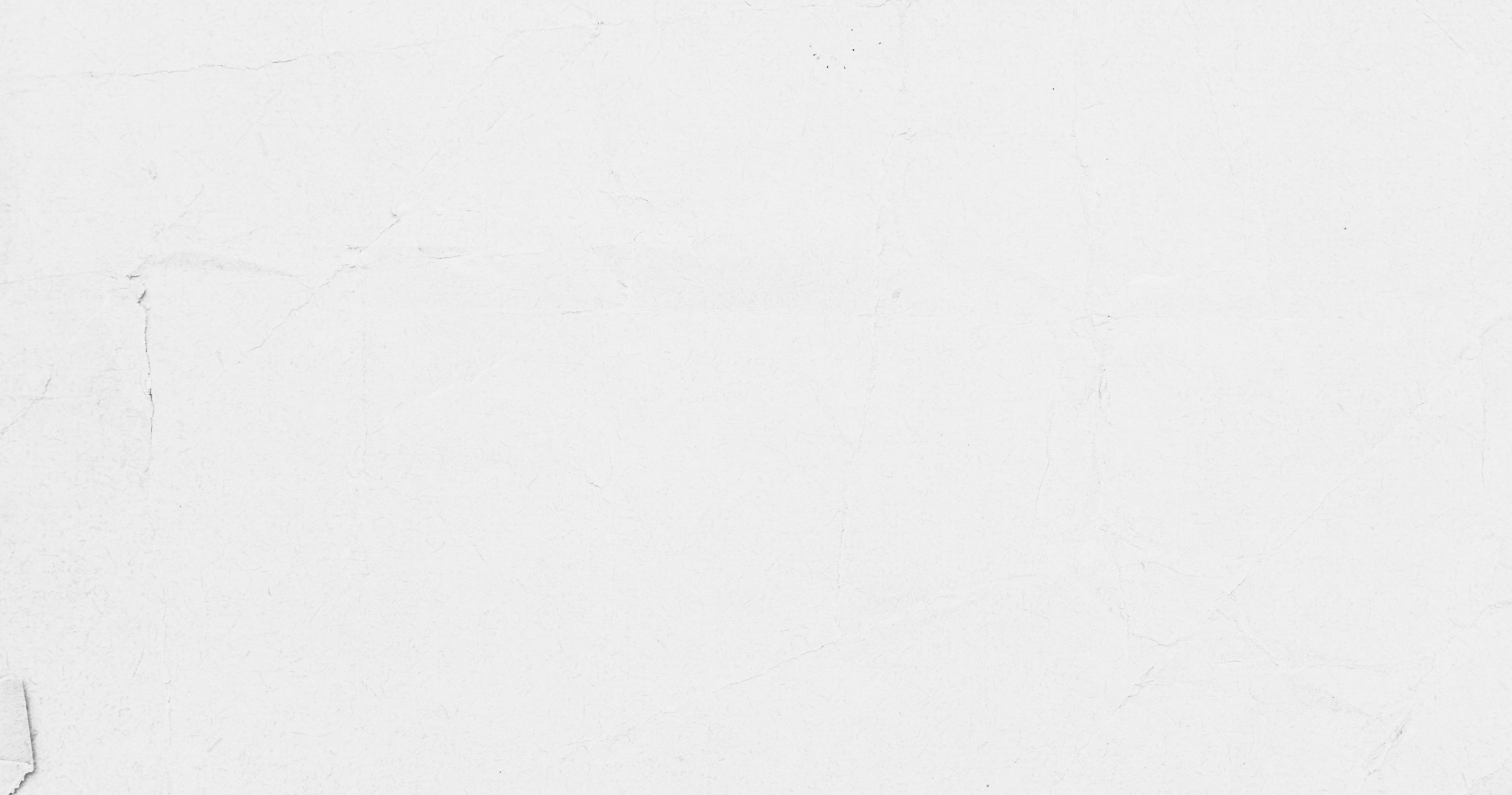Across the United Kingdom last weekend, Catholic churches celebrated Mass on Remembrance Sunday.
At the Mass I attended, the priest spoke movingly about the Battle of Monte Cassino and the heroism of young soldiers who, in fighting to preserve our freedom, had risked and in many cases lost their lives. They had offered their lives for others.
In light of the vivid stories he recounted, the priest asked his congregation to reflect on how we use the freedom which others died to secure for us. Is the use we make of it pleasing to God? How can we make our own lives an offering to God who holds the key to the meaning of all suffering? By drawing the congregation’s attention to the offering of the Eucharist, the priest helped make sense of all those heroic offerings that can symbolise the one truly efficacious offering.
What the priest did was beautifully weave together all that is good about Remembrance Sunday, including the placing of a wreath of poppies at the foot of the altar – without, however, introducing an alien element into the Mass.
A correspondent of mine attended a different Mass last weekend. In that case, the congregation were given the benefit of what might be called the full Remembrance Sunday experience, with the traditional minute of silence to “remember” the dead who shall not grow old, framed by the Last Post and the singing of God Save the King.
The Last Post is a hauntingly beautiful invitation to serious remembrance, especially powerful in our frivolous and noisy age. It is rightly prized as part of British culture and the culture of the Commonwealth. Yet its military origins are secular rather than religious. Such cultural artefacts are appropriate to the state functions of the particular culture which they help sustain. But are they appropriate in a Catholic Mass?
Our religion, as its name makes clear, is not a state religion. A state religion would never have given us Saints Thomas Becket and Thomas More. Ours is a religion which transcends any one culture and ultimately calls us to detach ourselves from too close an identification with our own culture, even if we necessarily enter the truths of faith through what is immediately known to us. As the philosopher Thomas Pink put it in <a href="https://catholicherald.co.uk/christianity-without-nostalgia/">these pages</a>, reflecting on his own conversion from Anglicanism years ago,
“Humans are deeply social animals. A particular political community and a particular cultural identity – these are bound up with one’s natural humanity, as is their profound influence on all that one thinks and does. It often seems hardly possible to detach oneself. But some such detachment is a demand of Christianity. It is part of our detachment from the merely earthly. The detachment is part of the supernatural life that transcends anything we as humans are naturally capable of and which only grace makes possible.”
Such detachment surely includes detachment from the phenomenon that Remembrance Day has come to form in these isles: a kind of national secular religion. The Catholic Mass is not the place for mere silent remembering of the dead, but rather a place where sacrifice and prayer are made for the souls of those who may be in Purgatory. We have something far more valuable and profound to offer than mere silence and remembrance, such that in assimilating these secular practices we are in danger of diluting what makes us distinctly Catholic. Similarly, our reverence for the Catholic Church is increased and not diminished by the absence of those national flags so often displayed in national churches.
The journalist Peter Hitchens, an Anglican himself and a patriot of the best kind, also eloquently alerted us, in his book <em>The Rage Against God</em>, to the dangers of confusing Christianity with a particular secular cult:
“I love Remembrance Day still. It is a noble commemoration of fine soldiers who did their duty with chivalry and courage, and only a dolt could fail to honour them for their unselfishness and devotion…But the wars in which they were asked to die do not, once examined, seem as noble and pure as they did when I first learned about them. And the proper remembering of dead warriors, though right and fitting, is a very different thing from the Chrisitan religion. The Christian church has been powerfully damaged by letting itself be confused with love of country and the making of great wars. …How strange that we should make it the heart of a national cult.”
Even leaving aside the questionable moral nature of some of the recent wars our politicians have seen fit to involve us in, it should be enough to recall that the Church’s universal and supernatural nature means that over-deference to a national cult distracts from the Sacrifice that makes sense of any other worthy sacrifice.
GETTY



